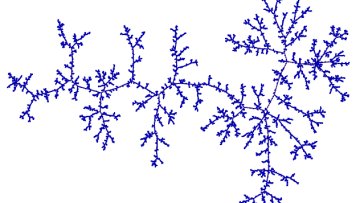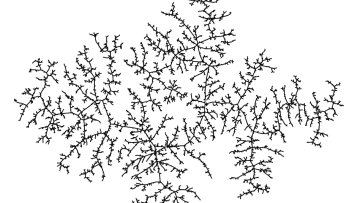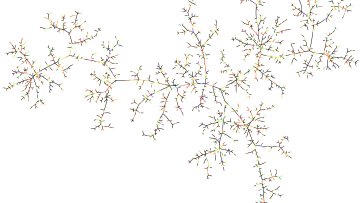Authors:
Anne Balter and Antoon Pelsser
Models can be wrong and recognising their limitations is important in financial and economic decision making under uncertainty. Robust strategies, which are least sensitive to perturbations of the underlying model, take uncertainty into account. Interpreting
the explicit set of alternative models surrounding the baseline model has been difficult so far. We specify alternative models by a stochastic change of probability measure and derive a quantitative bound on the uncertainty set. We find an explicit ex ante relation
between the choice parameter k, which is the radius of the uncertainty set, and the Type I and II error probabilities on the statistical test that is hypothetically performed to investigate whether the model specification could be rejected at the future test horizon.
The hypothetical test is constructed to obtain all alternative models that cannot be distinguished from the baseline model with sufficient power. Moreover, we also link the ambiguity bound, which is now a function of interpretable variables, to numerical
values on several divergence measures. Finally, we illustrate the methodology on a robust investment problem and identify how the robustness multiplier can be numerically interpreted by ascribing meaning to the amount of ambiguity.




